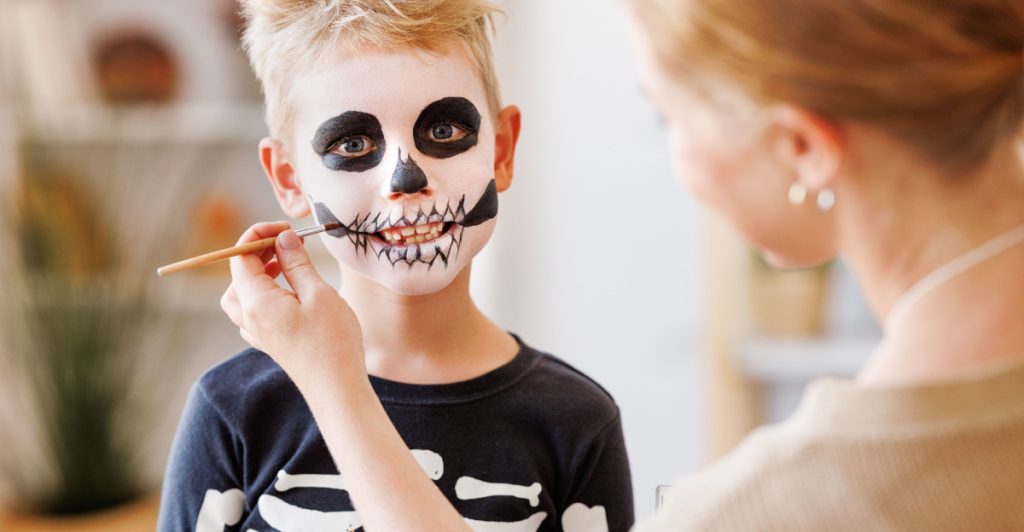Across much of the world, millions are marking Halloween today, a night of costumes, parties, and playful scares.
Others are reading now
Streets from New York to Tokyo fill with children in masks and adults at themed events.
But in Russia, the once-growing popularity of Halloween has turned into a cultural flashpoint.
Moral guardians take aim
Russia’s Public Chamber in the Far Eastern republic of Buryatia urged teachers this week to cancel all Halloween celebrations, saying parents objected to their children dressing up as “witches, corpses, skeletons, vampires, ghosts or monsters.”
The Chamber argued that the holiday has “no roots in Russian traditions” and distracts young people from “national and spiritual values.”
The appeal was soon echoed in other regions.
Also read
In Yekaterinburg, war veteran and activist Alexey Malyonkin described Halloween as “an unwanted imitation of Western culture” that violates “moral, social and ethical norms.”
He filed complaints with prosecutors against local event organisers.
Condemnation spreads across regions
In occupied Donetsk, Moscow-installed mayor Alexei Kulemzin called Halloween “alien to Orthodox culture” and urged businesses not to hold themed parties.
Local councillors supported him, proposing “folk hero festivals” and “traditional family gatherings” as alternatives.
Further east, in Krasnoyarsk, outrage followed images from a children’s centre that displayed dismembered dolls and a fake corpse as decorations.
Also read
City councillor Semion Sendersky demanded an outright ban, calling Halloween “a monstrosity, a perverse game of death and violence disguised as entertainment.”
Sendersky said the holiday dulls empathy and undermines “Russia’s moral foundations.”
His views were supported by Irina Volynets, head of the National Parents’ Committee, who warned that Halloween “promotes Satanism,” now officially banned in Russia, and harms children’s mental health.
Religion and politics unite
In the Bryansk region, Mikhail Ivanov, leader of the Orthodox Russia movement, urged lawmakers to label Halloween as “satanic propaganda.”
He said both Halloween and Western pop culture “promote the occult and reject the moral basis on which Russia has stood for centuries.”
Also read
So far, the campaign has not gained traction in the State Duma, though outspoken lawmaker Vitaly Milonov backed the calls, branding Halloween “sectarianism” and suggesting that celebrants should “register as hereditary druids.”
A long battle against imported traditions
This is not Russia’s first fight with Halloween. In 2013, officials in the Omsk region banned it outright under the pretext of combating extremism, citing a Russian Academy of Education study that claimed the holiday encourages a “cult of death” and worsens children’s behaviour.
Similar restrictions later spread to Arkhangelsk, Crimea, and several other regions.
Attempts to replace the holiday with domestic alternatives, such as a “Harvest Festival” or a “Night of Mysterious Tales”, have failed to gain popularity.
Sources: Meduza, Digi24.ro, BBC Russian Service, RIA Novosti


